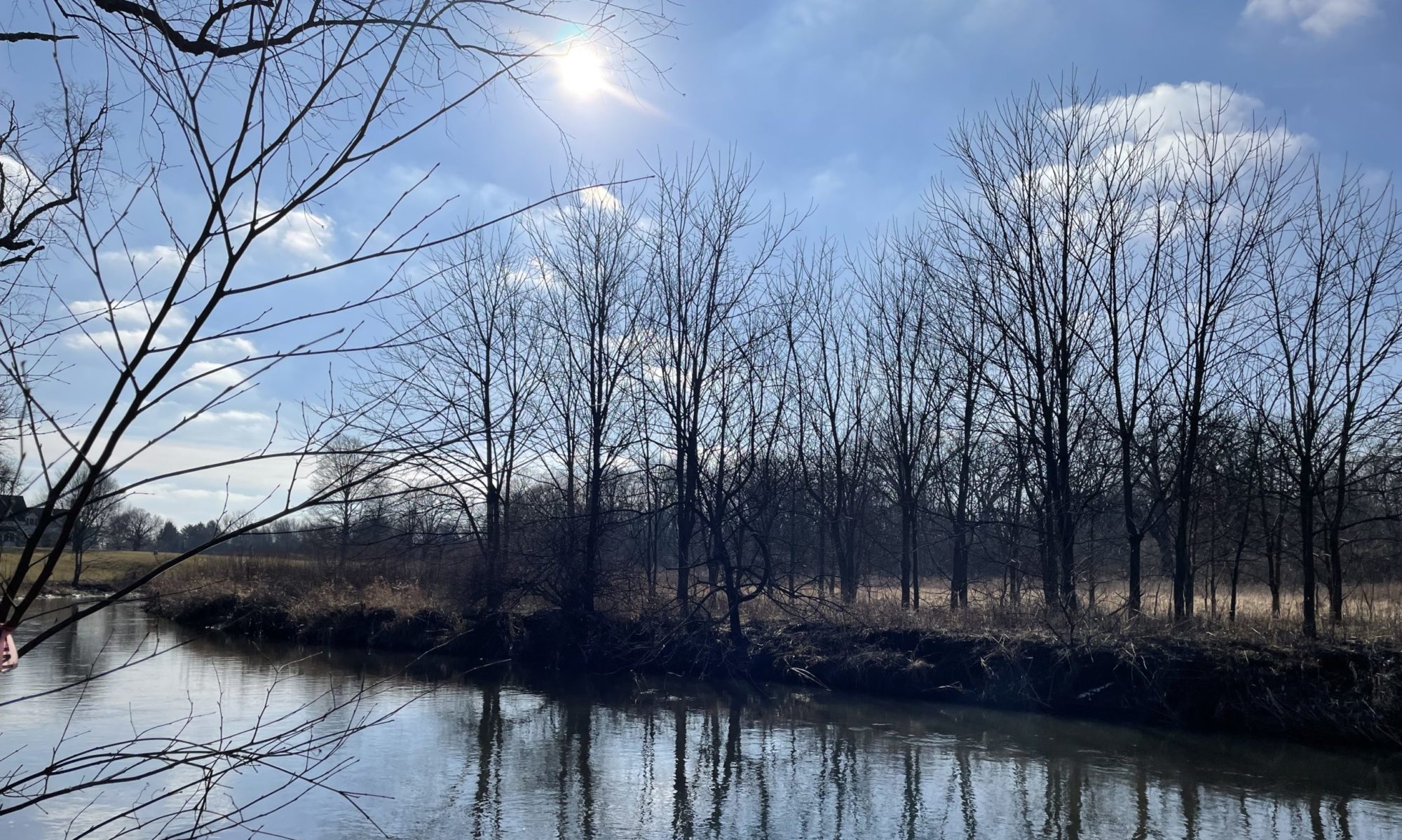Day 4
Safety Meeting
Once a month the public works department holds a safety meeting for everyone in the department. Today's topic was fire safety. We learned about the fire triangle: oxygen, heat, and fuel. We also learned that there are four classes of fire:
Class A: Ordinary combustibles such as paper
Class B: Flammable liquids and gases
Class C: Electrical
Class D: Combustible metals
The key to prevention is to keep the three elements of a fire separated and to keep your work area organized and equipment in good working order. If a fire does start, we were taught the types of fire extinguishers that can be used.
A Class A Extinguisher is typically filled with water and only should be used on Class A fires
A Class ABC Extinguisher is typically filled with a dry chemical and can only be used on Class A, B, or C fires
A Class D Extinguisher can have sodium carbonate and should only be used with Class D fires
Learning about fires was helpful, but last year they taught us to actually use the extinguishers. I liked that much more because it was more of a hands-on experience.
Developments
Later in the morning, several staff members met with someone asking about several potential developments. People interested in developing property or opening a business in a city eventually need to meet with city staff to discuss their project and learn what regulations or requirements can affect their project. At this stage plans are usually very preliminary, but if meetings like this don't take place, the developer can put a lot of time and money into a plan that might not work. So meeting before too much work is done is important and saves everyone a lot of time later in the process.
I also received an inquiry from a real estate person who needed to know the general location of a private sewer service for a home that will be sold. Again, this is a common type of request received in an engineering office. I was able to look up the area on our sewer maps and found that the sewer service was shown. We discussed the location, and I was able to send the caller a copy of the map book page.
In the afternoon I arranged for a staff member to scan a set of plans for a subdivision in our city that has not been fully completed. Even though the majority of work has been done, the final surface on the roadway still needs to be placed. And from what I understood, the current owner is interested in trying to place this surface and complete the subdivision. But they needed the plan set to begin arranging to have the work done.
Miscellaneous Tasks
The rest of my day was spent on several miscellaneous tasks:
Organizing my email inbox (a never-ending job).
I arranged to have our interns review some of our signs that have become obsolete and develop a plan to either remove, replace, or relocate the signs.
I also worked with GIS to try to figure out why our web map on our Intranet stopped working. We tried creating a new one which worked. So we decided to just delete the old one and set up a replacement map.

I arranged for a consultant to prepare a rough estimate of cost for stormwater management of the retention pond we've been researching.
And I met with an engineer from another consulting firm who had stopped by to drop off material about his company.
Our staff spent some time discussing different issues related to our road project currently under construction.
Finally, I left early to attend a meeting of the education committee for our local APWA branch. We have a Bridge and Culvert seminar coming up on August 18th so if anyone reading this is located in the suburbs west of Chicago and interested in attending, you can head over to our website and sign up for the day.


